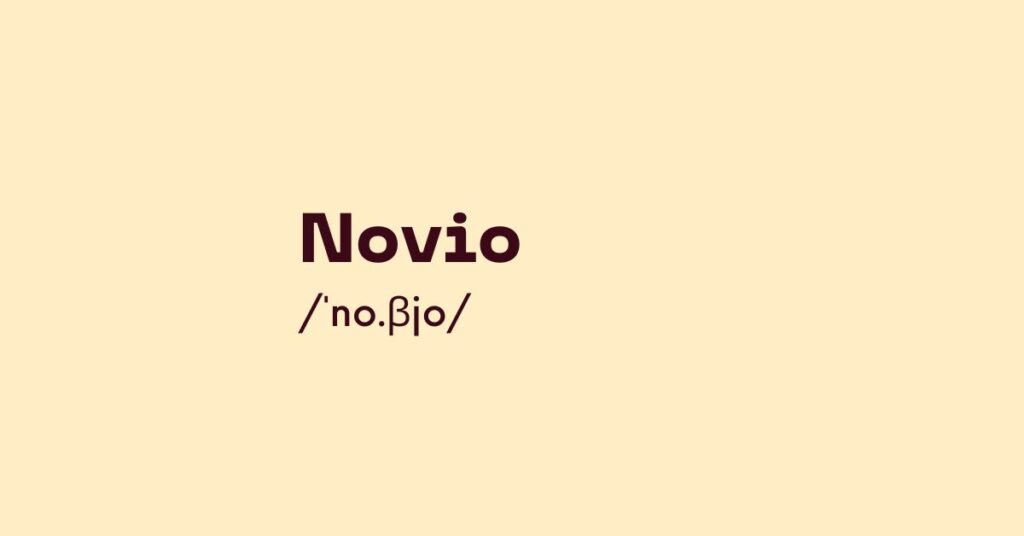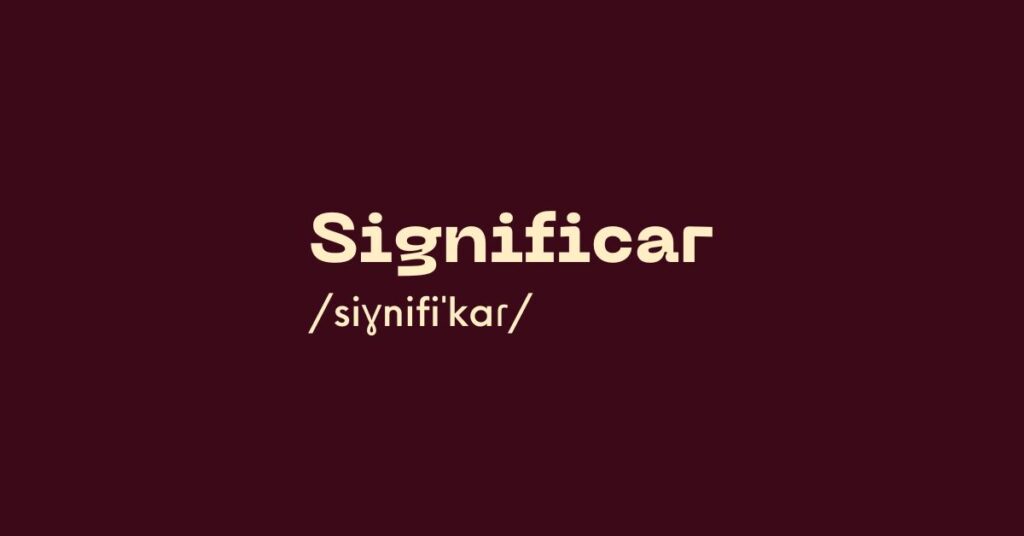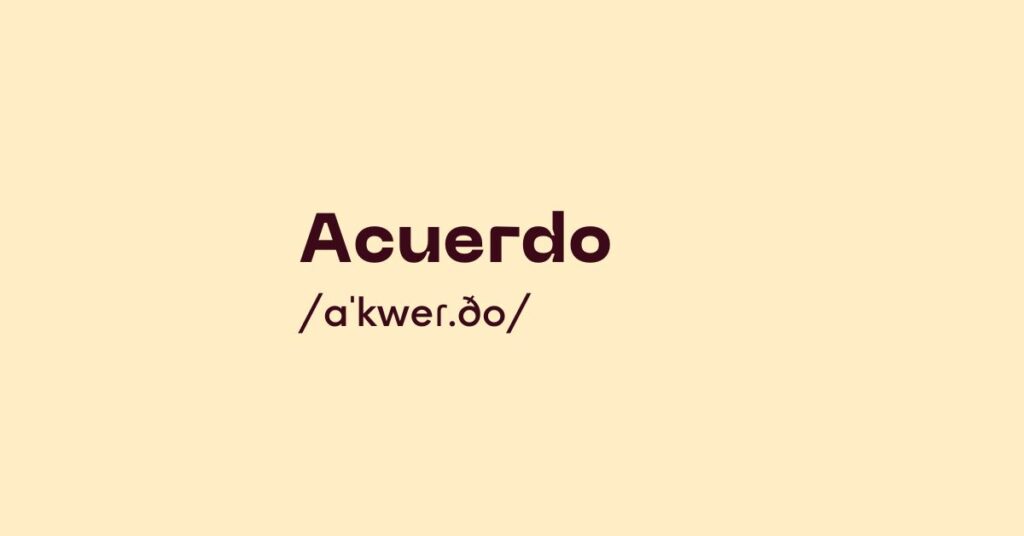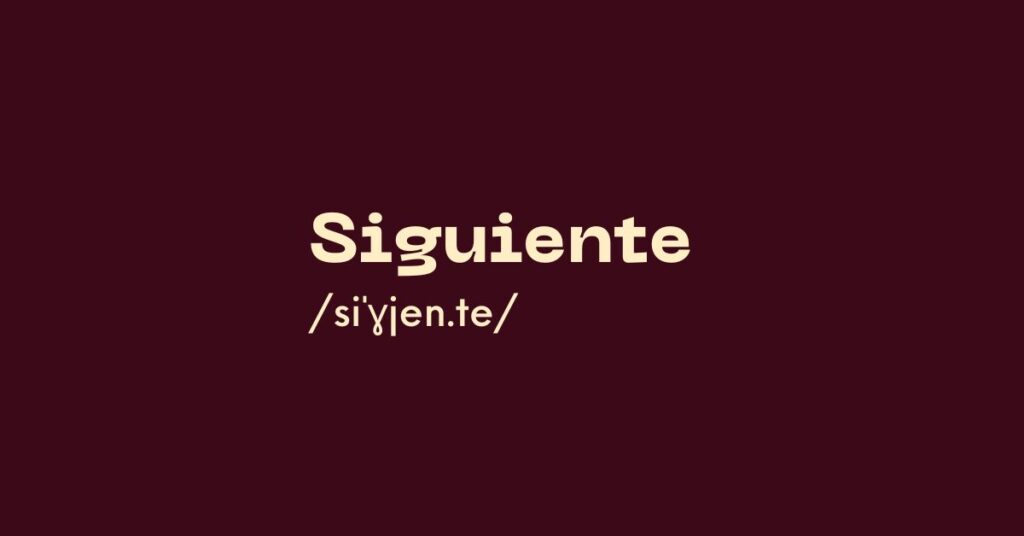Oír
Today’s Spanish word of the day is “oír”. It’s a verb meaning “to hear”. It can also be translated as “to listen”, though the verb “escuchar” is more commonly used to refer to actively listening as opposed to merely hearing. In many Spanish-speaking countries it’s common for people to use the imperative form “oye” to […]









